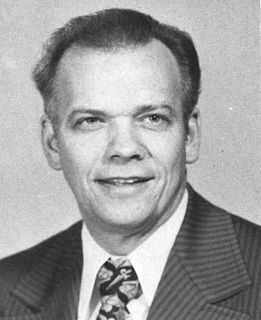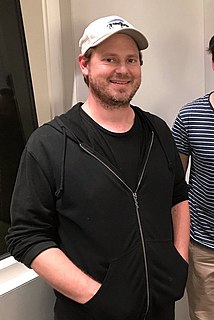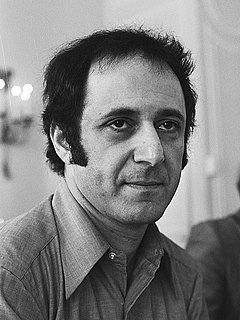A Quote by Ted Nugent
I clearly understood the concept of wise use before I ever heard the actual words, for my father wouldn't allow us to waste anything.
Related Quotes
The words are very distinctly formed; but by the bodily ear they are not heard. They are, however, much more clearly understood than they would be if they were heard by the ear. It is impossible not to understand them, whatever resistance we may offer... There is no escape, for in spite of ourselves we must listen...
I think sometimes we can use spirituality as a vehicle to go closer to the things that frighten us and sometimes we can use it as a shield. I'm guilty of it too. I think spiritual words can do one or the other. Because when I hear people say, in a religion setting, 'Glory,' 'Praise the Lord,' 'Hallelujah,' but it doesn't mean anything, those are actually words that distance us from God, ironically enough.



































